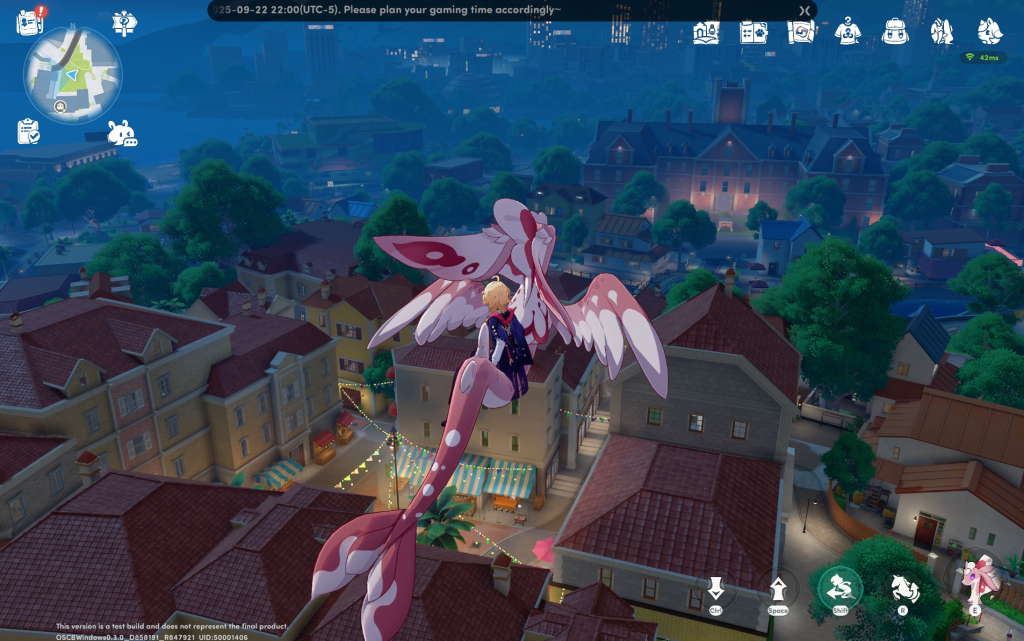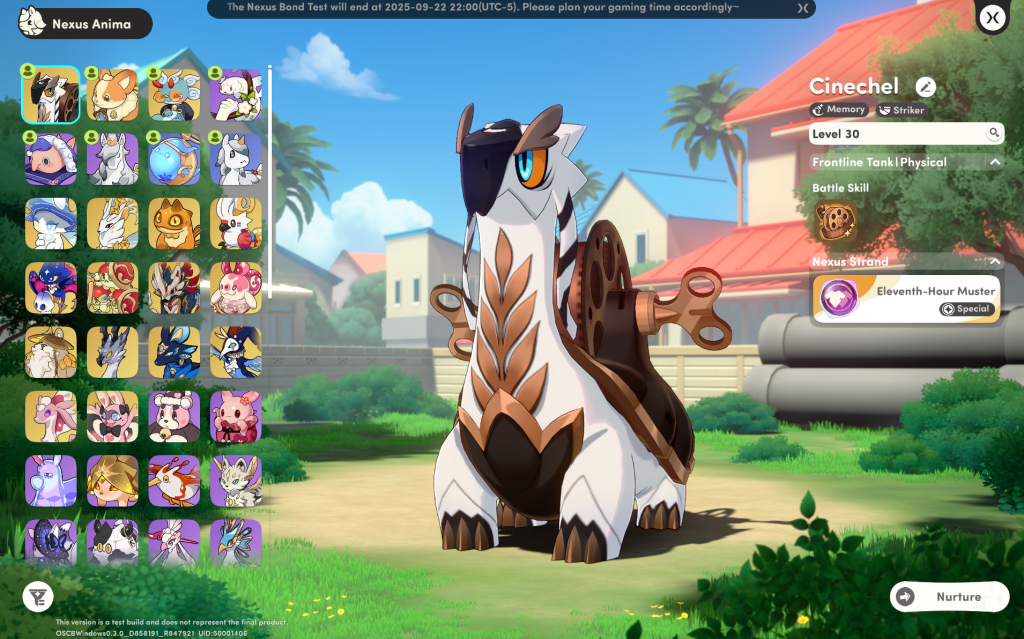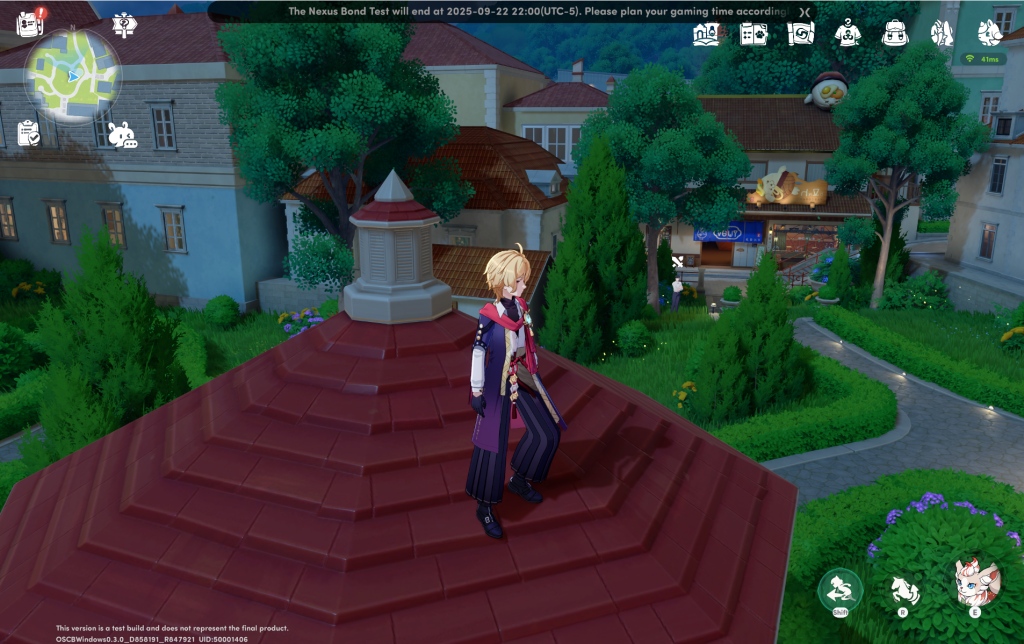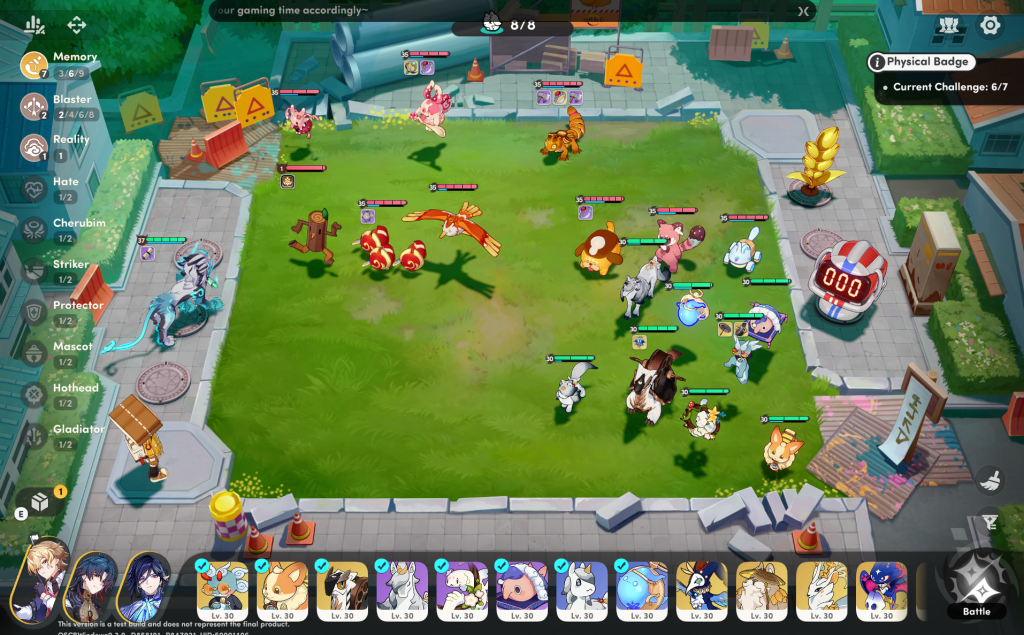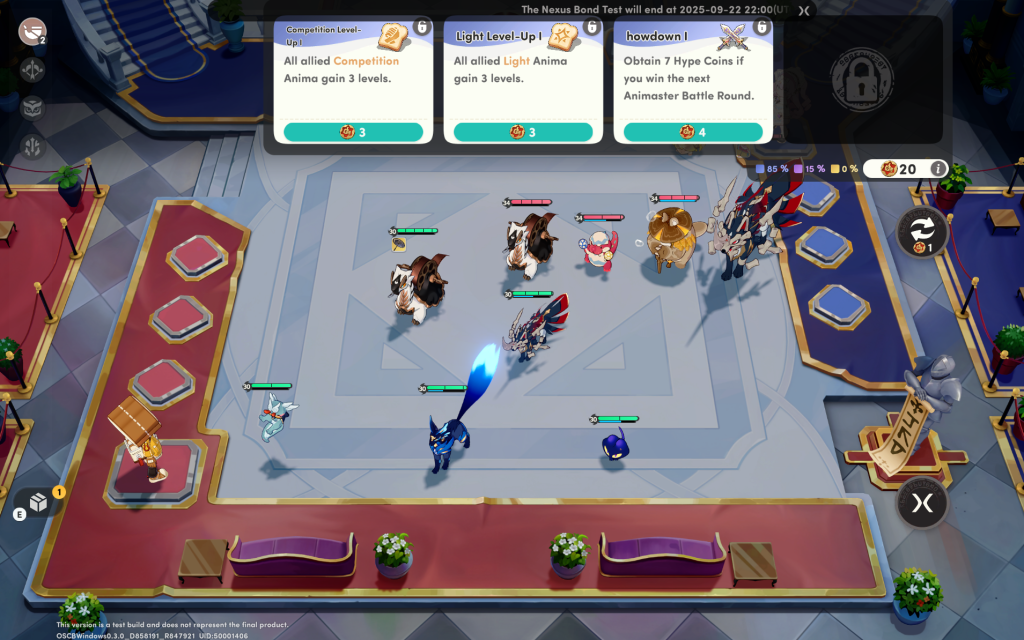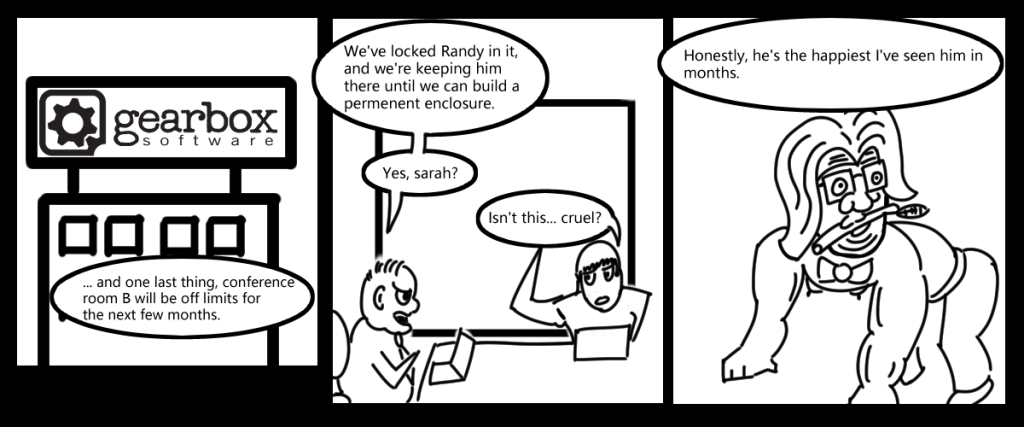It’s Tuesday, I haven’t been playing anything new recently, and I need something to write about this week because breaking a habit is the killer of goals.
So today I’m just going to be rambling about resource systems in card games, mostly collectible card games. Also I’m going to be focused on what I’m calling primary resource systems: the resource generally used to take actions in the game.
Yes, life and cards in hand are resources. They’re not what we’re talking about today.
I’m going in roughly chronological order of game release date, and I’m only going to cover games I’ve played. I’ll quickly explain the mechanic, I’ll give my opinion on in, and I’ll move on.
All that said, let’s get started with….
Ancient Era
Yes, I could have called it something else, but all these games came out over 25 years ago, and I want to cause my editor pain.
Magic: The Gathering – 1993
As the oldest card game on this list, Magic is an undeniable influence on pretty much everything else, either mechanically or thematically.
Its primary resource system is lands. Lands are a card type that go into the player’s primary deck, and they can play a single land each turn. Lands are turned sideways to use them, and at the start of a player’s turn, all of their lands refresh. Cards have costs, and using a land pays for 1 unit in a card’s cost, so on your second turn you can play a card that costs 2, or two cards that cost 1, etc.
They are also deeply flawed. You don’t have to take my word for it on that one, because once we get to the “modern” era of card games in this list, it will become clear that every card game in the last 10 years started with someone looking at lands, and going “Yeah, no, we’re not doing that.”
The problem with lands come in three parts. First and second, because lands are in your main deck, players frequently draw too many lands, or too few lands, and both result in deeply unfun games; games where you have no real cards to play, or don’t have enough lands to play real cards. Third, because lands are one (or sometimes more) of the 5 colors you need, sometimes you’ll have the right number of lands, but the wrong types.
That said, the invention of lands as resource trackers and “1 a turn” escalation element works neatly, and leads to every future game trying to copy them.
Pokemon TCG – 1996
Of course, with Pokemon, we’re not in that modern era yet. So instead of a good clean fix for lands being in your deck, Pokemon has energy. On the surface, energy is similar in a lot of ways to lands. Like lands, they don’t do anything else, they start in your deck, and you can only play one a turn.
However, unlike Magic, most cards in Pokemon are “free”to play. It’s just that the Pokemon themselves don’t do much until you have enough energy to use their attacks. Pokemon also has a lot more card draw than Magic, so getting stuck with clogged hands is rarer (but still happens).
As a result, instead of an escalating resource pool, energy is more a set of thresholds that can be manipulated and protected. Plus, if the Pokemon that the energy is attached to is knocked out, that energy is lost. And you can still only play one Energy per turn.
I do think it’s worth noting that TCG Pocket, the mobile friendly variant of the Pokemon TCG released in 2024, got rid of energy.
Yu-Gi-Oh – 1999
The last pre-modern game on this list, Yu-Gi-Oh’s primary resource isn’t a land equivalent. Instead, I’d consider it to be a combination of “cards in hand” and the single “normal summon” a player gets each turn.
This gives it a distinctly different texture from pretty much everything else on this list. While many of the games here have a sense of slow pacing and escalation, anyone whose played any Yu-Gi-Oh in the last 5 years will be aware that it has the gentle pacing of a rail-gun combined with a roller coaster.
Frankly, as a resource system, I don’t like it very much. It does give Yu-Gi-Oh a very distinct feeling from everything else, but it also means that sometimes games are over before you even get to take a turn.
Middle Era – 2010 to 2016
Is this an arbitrary grouping? Yes. Will that stop me? No.
Force of Will – 2012 (Japanese Release)
And so we reach the first semi-modern game on the list, and the start of attempts to fix the land problem. While it emulates magic in color and card types, one thing it doesn’t do is copy land. Instead, all of your Magic Stones (lands) go in their own separate deck, and whenever you need to play one, you just pull one at random out of that deck.
This solves 2 of the 3 problems with lands, but doesn’t solve getting colors that you don’t want.
Still, it’s a start.
Hearthstone – 2014
Hearthstone, being a digital game, has a lot of tools that other card games don’t. One of those is perfect tracking of game state. It uses this to get rid of lands completely, and replace them with mana. You get one mana crystal per turn, you spend mana from them to play cards, and they refill at the start of your turn.
It’s a perfect replacement to the land system, but one that’s a bit tricky to actually copy into paper because it’s a huge pain to track, as it requires using something other than cards for maintaining game state. Not a problem in a digital game, bit of a pain in a non-digital one.
Modern Era
Hey look, we’re finally trying to fix lands.
One Piece -2022 (Japan Release)
It feels weird to me that One Piece has technically been around longer than everything else on this section of the list, mostly because I just started playing it, but whatever.
One Piece’s primary resource is DON. It’s actually very good. Each player starts with 10 DON cards in their DON deck, gets 2 additional DON after the first turn turn, and it also has a secondary mechanic where it can be used as a basic pump spell for characters you have out. Oh, and because you get two a turn, but the total number is capped, the game has some neat space to play around with making cards “cost” putting DON back into the DON deck without feeling as bad as losing a resource would in other games.
It’s great, and I have no complaints, except that I might have called it something else.
Gem Blenders – 2023
Ah, Gem Blenders. Gem Blenders is a bit of a weird one to start with, and unlike most of the other stuff in the Modern Era, it isn’t using a land replacement style system.
Instead, it’s back to Pokemon’s energy system (but called gems). Except now instead of thresholds for attacks, they’re thresholds for evolution. It’s a bit too entwined with the rest of the game’s systems to concisely comment on, but I will note that the game does have the same problems as Pokemon does. A bit better than lands, but not much.
Disney Lorcana – 2023
Lorcana’s primary resource is Ink, and much like the next two items on this list, it’s going to solve the land problem by making everything a land! Well, mostly everything. Instead of a 1 per turn land system, Lorcana lets you put 1 card per turn facedown into your inkwell.
But not all cards! Only cards with a specific border. To simplify things, this pretty much just means that all cards have a flag for if they can be played as lands or not, with more powerful cards lacking said flag, as a mechanism to make them more painful to dead-draw.
It’s a perfectly fine system.
Altered – 2024 / Star Wars Unlimited -2024
Both Altered and Star Wars Unlimited use effectively the exact same system, so I’m just gonna group them together. At the start of the turn, both players draw two cards from their deck, then can choose to put one card from their hand into their resource pool.
Again, another pretty straight forward system that tries to solve the problems with land.
Gundam Card Game – 2025
Gundam uses a system similar to One Piece, with each player getting a single Resource card per turn from a Resource deck. That said, it does have one small twist in that cards have both a resource cost, and level requirement. This means that a card with a Level of 4, and a cost of 1 can be played for 1 resource, but can’t be played before you have 4 resources in play (Usually turn 4).
It’s not my favorite system to actually play with, but it’s a functional one at least.
Wrap up, and some thoughts.
I opened this article with a discussion of Magic: The Gathering’s resource system, and I think that pretty much every post-2010 card game resource system can be seen as an attempt to fix the three big problems with that system.
To recap, those problems are:
- Not drawing resource cards when you need them.
- Drawing resource cards when you don’t need them.
- Not having the right type of resource cards to play cards.
Through this lens, we can see that there are two main fixes for these problems:
- Every card is now a land! (Lorcana/Altered/Star Wars Unlimted)
OR
- Lands are their own special deck! (Force of Will/One Piece TCG/Gundam)
These are better systems, but the one thing we lose is the element of multi-color decks, and I don’t actually know anyone who has tried to fix that yet.
Anyway, happy Tuesday. I’ve spent close to two hours on this now. I’m gonna go get some breakfast.
